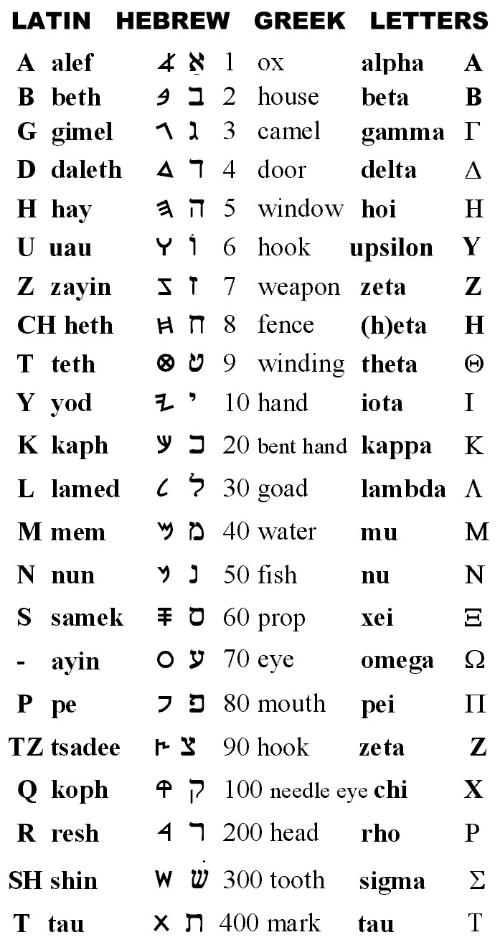NAXOS
Language

Language
Popular destinations GREECE
| Aegina | Alonissos | Andros |
| Chios | Corfu | Crete |
| Hydra | Kalymnos | Karpathos |
| Kefalonia | Kos | Lefkas |
| Lesbos | Mykonos | Naxos |
| Paros | Patmos | Peloponnese |
| Poros | Rhodes | Samos |
| Santorini | Skiathos | Skopelos |
| Spetses | Thasos | Zakynthos |
Language
 Greece AlphabetsPhoto: LewWhite CC 3.0 Unported no changes made
Greece AlphabetsPhoto: LewWhite CC 3.0 Unported no changes made
Modern Greek or New Greek, like Dutch, belongs to the Indo-European language family and is one of the oldest living languages. Although belonging to the same language family, Greek hardly resembles any other Indo-European language. This is because Greek has been able to develop relatively isolated from foreign influences.
In ancient times different Greek dialects were used side by side, but the Attic of the city of Athens was understood throughout Greece. From the fourth century BC, Attic faced competition from Koine Greek, a type of common civilized Greek used from Macedonia to the Near East. From that time on, Attic was used in education and was the official language of government and church in the Byzantine Empire and in the Church. The common man spoke a kind of vernacular that descended from Koine Greek. In the Middle Ages all kinds of other peoples settled in Greece and the spoken language changed drastically while the written language remained the same and thus the two languages grew further and further apart.
After the War of Freedom in the early 19th century, the government tried to introduce a new language, Katharevousa or "purified language". The government and schools did indeed use this language, but the people continued to use the Dimotiki, the spoken language of the Greek people. The intention was that the Dimotiki would disappear, but that turned out to be more difficult than expected and therefore failed. From 1920 the Dimotiki was allowed to be used in schools and in 1974 the Katharevousa disappeared from those same schools.
The Greek alphabet consists of 24 letters that look complicated at first sight, but on closer inspection are simpler than the Dutch alphabet. The pronunciation rules are regular // and therefore easier to understand. In Greek it is important to use the correct emphasis. A word with the stress on the first syllable can have completely different meanings from the same word but with the stress on, for example, the third syllable.
The alphabets of all major European languages are based more or less on the ancient Greek alphabet. Our Roman alphabet is sometimes referred to as the western form of the Greek alphabet.
Some words and phrases:
- One - éna
- Two - dhio
- Three - tría
- Ten - dhéka
- One hundred - ekató
- Monday- símera
- Wednesday - tetárt
- Sunday - kiriakí
- How much does that cost? - póso káni?
- Please - parakaló
- Bread - psomi
- Eggs - avga
- Meat - kreas
- Salt - alat
- Beer - bira
- Water - nero
.
Sources
Wikipedia
CIA - World Factbook
BBC - Country Profiles
Last updated January 2026Copyright: Team The World of Info